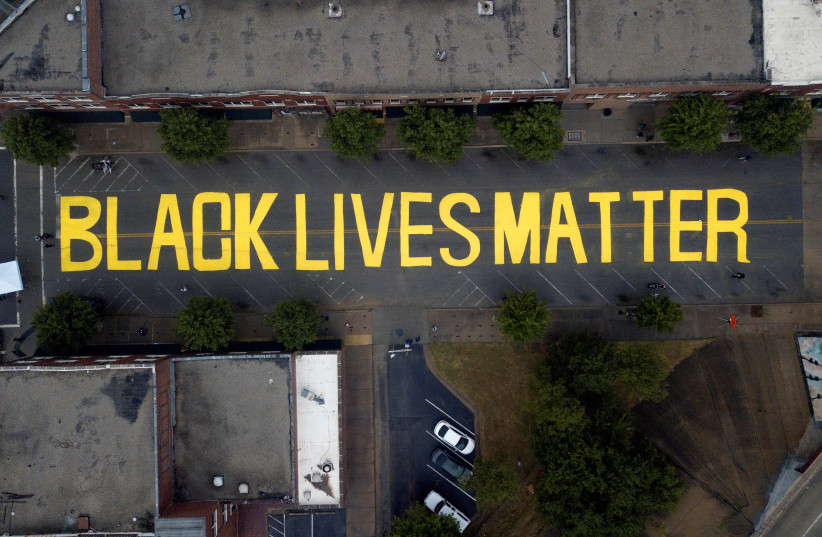Louisiana's governor is scheduled on Wednesday to posthumously pardon Homer Plessy, the plaintiff in the 1896 US Supreme Court case which upheld the "separate but equal" doctrine that allowed for decades of segregationist laws against Black people.
Governor John Bel Edwards will hold a pardoning ceremony in New Orleans at 10:30 a.m. on Wednesday near the spot where Plessy was arrested in 1892 for violating a state law that required Black people to ride in separate train cars.
The official act follows a Louisiana board's unanimous decision in November to recommend that the governor pardon Plessy, who boarded the "whites only" train as part of a civil rights protest against the segregated seating law.
Plessy was arrested, setting off a chain of events that led to the 1896 Supreme Court case.

In Plessy vs. Ferguson, the Supreme Court ruled that separate public facilities could be provided to different racial groups as long as they were of equivalent quality.
The ruling held, providing the legal basis for segregating schools and other public facilities, until the Supreme Court's decision in a 1954 case known as Brown v. Board of Education, which started the process of ending racial segregation.
